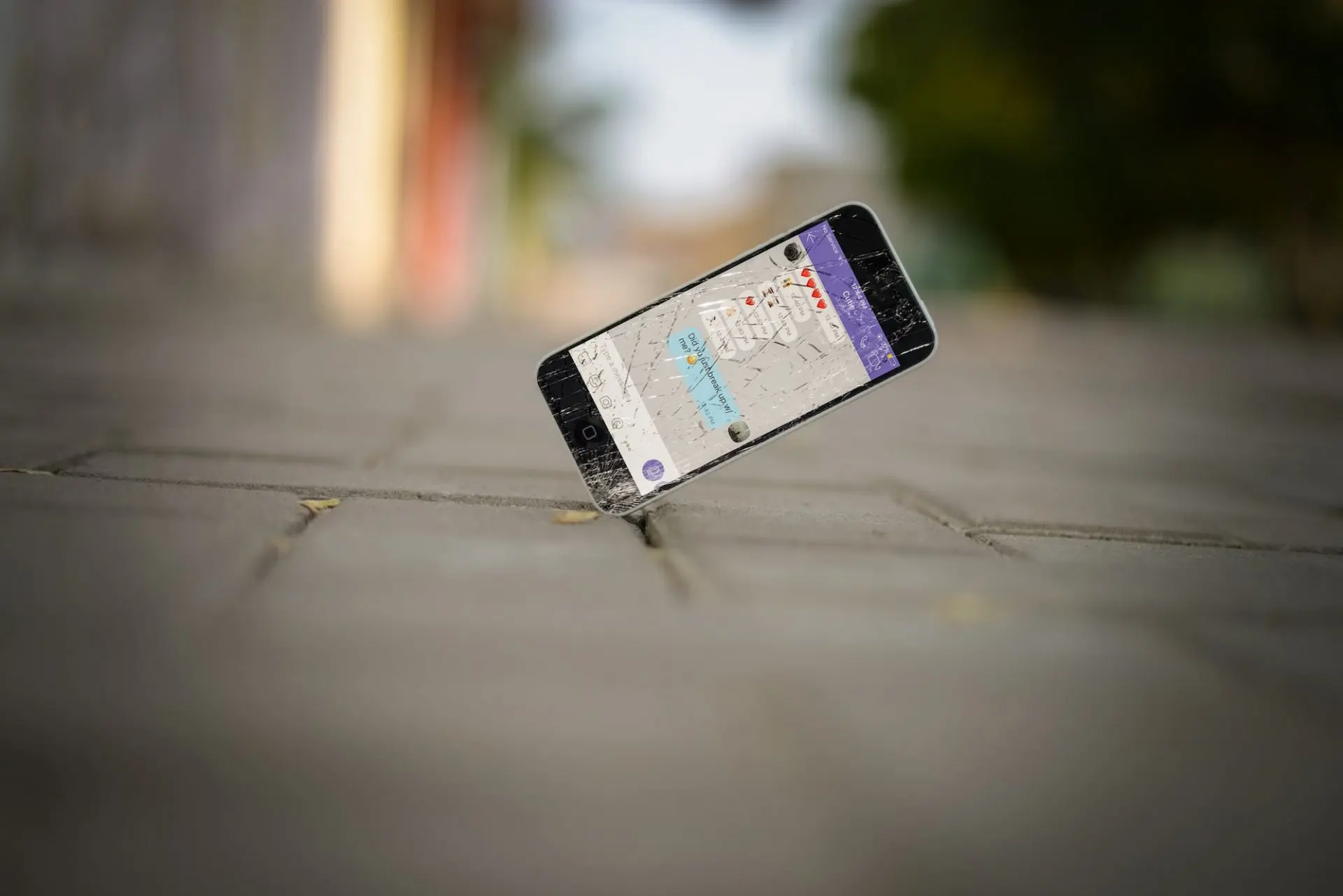5 Tips on How to Break Up with Your Phone
The best tips to break up with your phone in accordance with Catherine Price's bestselling book

It’s pretty obvious that most of us spend way too much time on our phones. Whether we’re using it to locate a restaurant, hail transportation, or find the love of our lives, it’s no secret that the convenience they offer has been the greatest thing since sliced bread.
But our reliance on these devices has become problematic. If you’re someone who gets anxious when your phone isn’t with you or within your sight, or you reach for it first thing in the morning to check how many likes you’ve accumulated throughout the night, then you may already know what I’m talking about.
In this article, we’ll discuss the detriments of too much smartphone usage and how we can overcome our dependence by taking tips from Catherine Price’s book, How to Break Up with Your Phone.

Smartphones are a great invention. Since their introduction into mainstream society about 10 years ago, it’s given us access to almost anything we want, packaged nicely to fit in our pockets.
While there isn’t concrete evidence that smartphones are harming our brains (yet!), many of us are aware of the damage that too much smartphone usage can bring. We’ve realized the impact they’ve had in various areas of our lives such as how we socialize and interact with people, as well as how it’s affected our productivity. A survey by the American Psychological Association found that 86% of Americans constantly check their email, texts, and social media accounts and that this amount of obsession causes higher stress levels.
So, what is it about smartphones that make us so fixated?
Are You Addicted to Your Phone?
Our obsession with our phones comes down to a chemical produced in our brains called dopamine. Dopamine is what causes motivating behavior. Its release is that surge of relief and delight we feel when we receive a notification which is so great that it makes us want to repeat it. It’s the same feeling we experience when we take a bite out of delicious food or after we have sex.

But dopamine isn’t the only reason why we find ourselves addicted to our smartphones. Another reason is that the very apps we use are designed to encourage this kind of addictive behaviour.
Aza Raskin, a former Mozilla and Jawbone employee, explained to the BBC’s Panorama programme that the reason why the apps are designed to make users addicted is based on the business models of the companies that produce them. “In order to get the next round of funding, in order to get your stock price up, the amount of time that people spend on your app has to go up,” he stated. Companies spend thousands of dollars and work hours developing newer and better ways to keep you glued to your screen.
This dependency on smartphones is damaging because it’s really no different to any other kind of addiction. Some signs and symptoms of smartphone addiction include the inability to focus, productivity decline, sleep disruption, and even physical effects such as digital eye strain and carpal tunnel syndrome. If you find that you experience any one of these, then perhaps it’s time to break up with your phone.
5 Tips on How to Break Up with Your Phone
Catherine Price is a science journalist, speaker, teacher, consultant, and author of How to Break Up with Your Phone. Her book, which has been translated into 18 languages, aims to help readers take control of their phones instead of letting them control them. The book features tested strategies and practical tips that can help change the habits of any smartphone user.
It’s worth noting that Price doesn’t want you to get rid of your phone entirely, but to develop a sustainable relationship with it. She understands the convenience and benefits smartphones offer, but she wants us to be more conscious of how and when we use them. “Breaking up with your phone means giving yourself a chance to stop and think. It means noticing which parts of your relationship are working and which parts are not.”

Along with others featured in her book, she offers the following tips that can help you to break up with your phone:
1. Evaluate Your Relationship with Your Phone
The first step is to take a look at how and when you use your phone. Download an app that can track your usage so you can have a clear idea of exactly how much time you spend on your phone. Apps like QualityTime or Moment can track this in the background and send you a report about your usage. Having this kind of information can help you assess what kind of relationship you want to have with your phone and what kind of goals you need to set in order to achieve it.
2. Acknowledge Your Cravings
If you find yourself with the urge to use your phone (when you don’t really have to), instead of fighting it, Price recommends that you recognize your craving and then wait it out. By taking a moment to acknowledge it rather than penalizing yourself, you can then “see what happens”.
A good tip is to change your lock screen image to something that makes you stop and think if you really need to use your phone as it’s a great first line of defence for aimless screen perusing. You can download free lock screen images here.
3. Re-organise Your Apps
Get rid of the apps you don’t ever use and move the ones that you want to use less of away from your home screen. It’s common to have accumulated a plethora of apps on your phone and by reorganizing them and making them less accessible, you may not be so prone to using your phone as much.
This is a good opportunity to remove social media apps as they’re the biggest screen time usage culprits. If you don’t want to alienate yourself from the social media sphere, then you can always check them on your desktop.
4. Buy an Alarm Clock
Many of us could argue that the reason why we reach for our phones first thing in the morning and why it’s also the last thing we see before we go to sleep is because we use them as alarm clocks. But relying on your phone to wake you up makes you more susceptible to using it more than you should. By buying an alarm clock (or finding one lying around the house) you can prevent this from happening and keep your phone away from your bedroom, which Price advises should be a “no-phone zone”.
The blue light that radiates from our smartphones can affect our quality of sleep, which is why it’s always a good idea to keep electronics away from your bedroom.
5. Take Up a Hobby
With all your newfound time being spent away from your phone, this is your chance to take up a new hobby or to up-skill yourself. Whether it’s practising your cooking skills, signing up for salsa class, or learning a new language, these types of activities keep your mind and body engaged and give you a higher chance of staying away from your phone!
Final Thoughts
Breaking up with your phone doesn’t mean letting go completely, it means being conscious of how and when you use it and understanding the fine line between acceptable screen time usage and addiction.
Keep in mind that the ideal relationship between you and your phone won’t happen overnight. Like any other relationship you want to sustain, you’ll need to constantly work on it.
Does your phone control your life? Let us know if any of these tips have helped you regain control!
Cheers,
Dinnie and the Zenkit Team
FREE 20 MIN. CONSULTATION WITH A PROJECT MANAGEMENT EXPERT
Wanna see how to simplify your workflow with Zenkit in less than a day?
Book a Live Demo